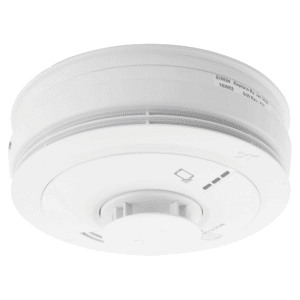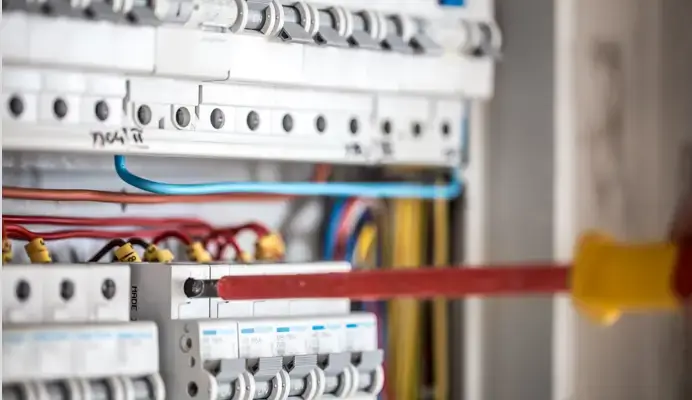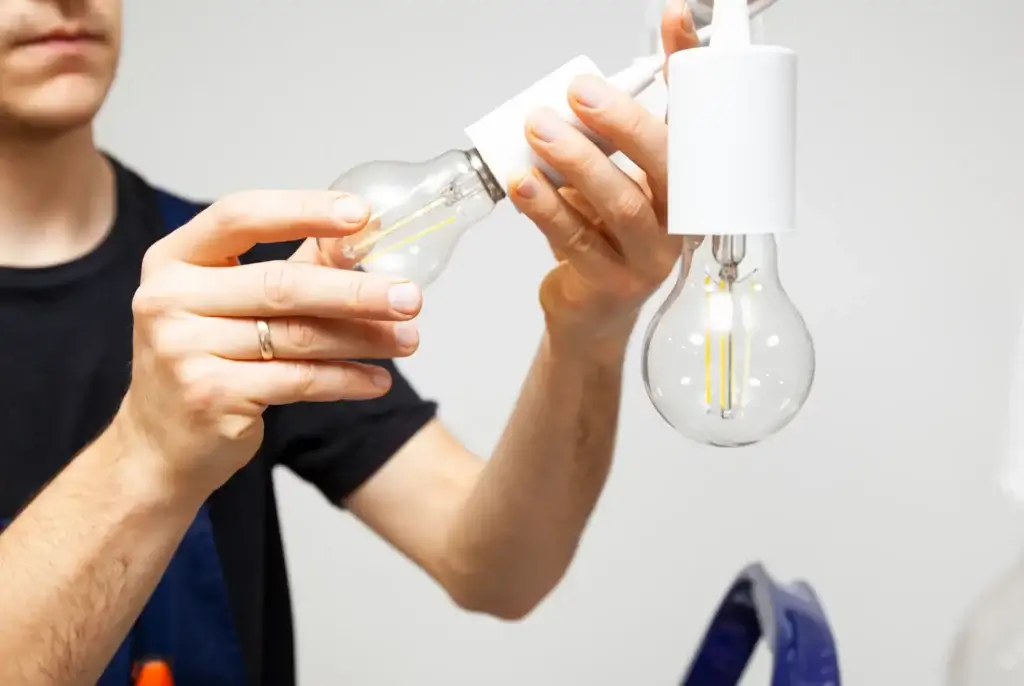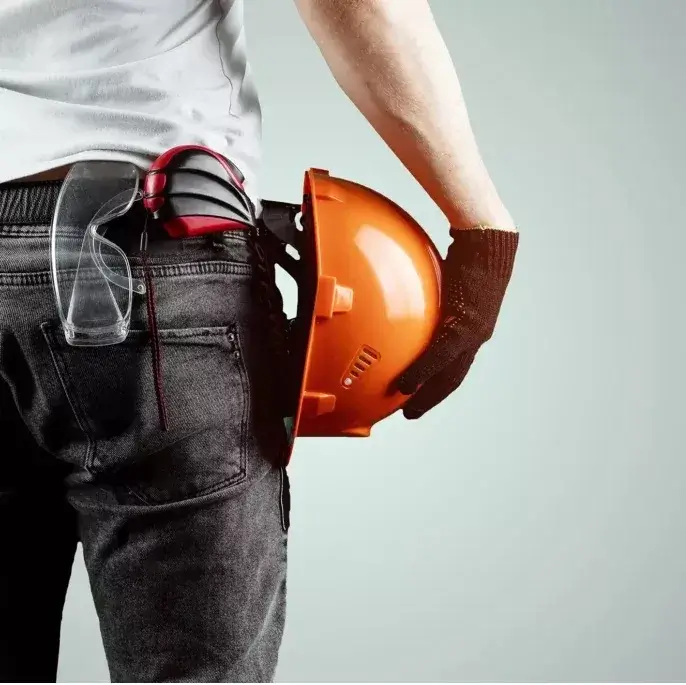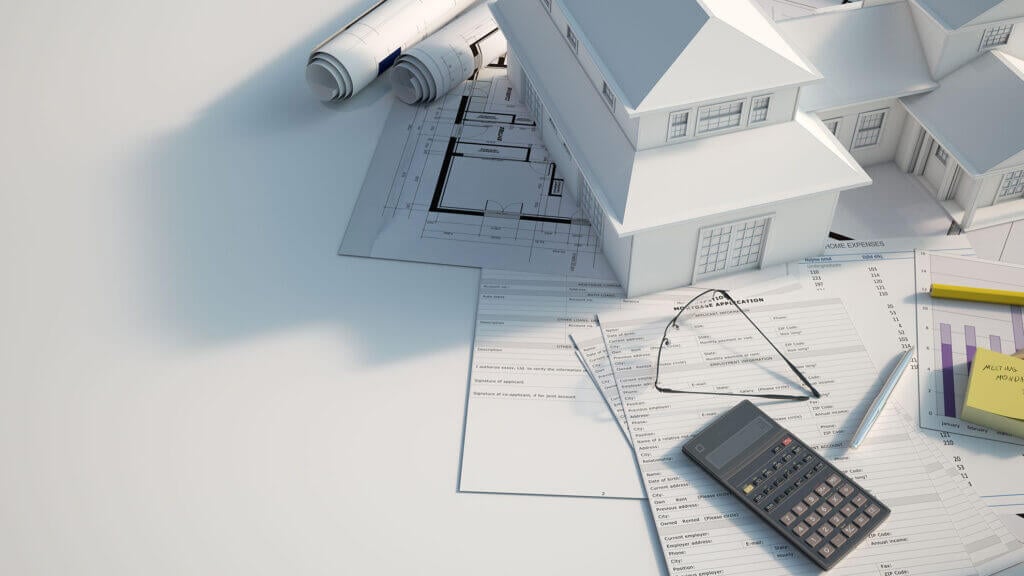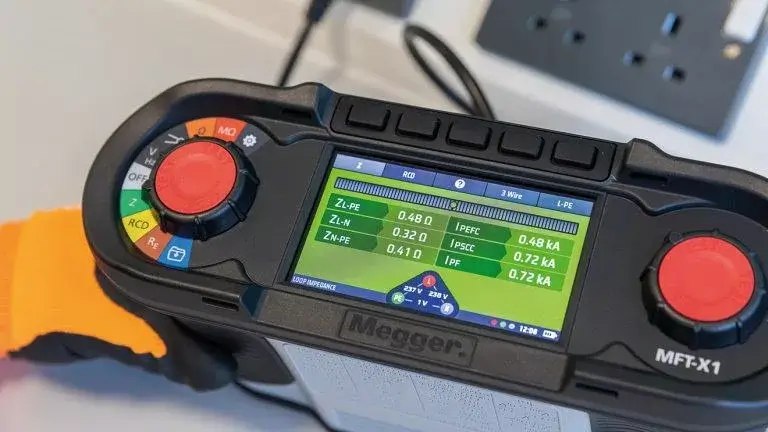- What is fire alarm systems (smoke / heat alarm)?
- How do I look after my smoke / heat alarm?
- How do I test my smoke / heat alarm?
- How to maintain your smoke alarm and carbon monoxide detectors?
- How to replace a hardwired smoke / heat alarm?
- How to test your smoke / heat alarm and carbon monoxide detector
- Can I replace smoke / heat detector myself?
- Do you need an electrician to replace mains smoke / heat alarm?
- Do hardwired smoke / heat alarms need to be replaced?
- Are all hardwired smoke / heat detectors interlinked?
- Which is better hard wired or battery smoke / heat detector?
- Can you unplug a hardwired smoke / heat detector without turning off power?
- Why do smoke / heat detectors need batteries if they are hardwired?
What is fire alarm systems (smoke / heat alarm)?
Smoke / Heat Alarm detectors have been proven to make a huge difference in the likelihood of harm and fatalities. Every year people die needlessly in fires because of non-functioning smoke detectors which could well have prevented the fatality.
All Fire Alarm Systems essentially operate on the same principle. If a detector detects smoke or heat, or someone operates a break glass unit, then alarm sounders operate to warn others in the building that there may be a fire and to evacuate.
A Smoke / Heat Alarm detector only has one purpose. It will give you advance warning that there is a potential problem which will hopefully give you a few valuable seconds to make your escape.
How do I look after my smoke / heat alarm?
Once installed, it is important you continue to test and maintain your fire alarms at regular intervals.
How do I test my smoke / heat alarm?
Ensure the alarm is properly attached to the base plate before attempting to test it.
- Press the test button in the center and then release
- Wait to see if you hear an audible sound consisting of 2 cycles of 3 loud beeps (then stop automatically)
- Test your alarms once a week
- Replace the batteries immediately if you hear the low battery
- Clean your smoke / heat alarm every few months
- Do not open the case/ unit as this may damage the parts inside.
How to maintain your smoke alarm and carbon monoxide detectors?
It is very important to follow the next simple steps to ensure they are working correctly:
- Test your alarm at least monthly
- Change the batteries yearly
- Replace the batteries immediately if you hear the low battery warning
- Remember to change the batteries regularly if needed. Some detectors rely on a battery as backup. This will need changing annually as a minimum. If you have a mains-powered detector with a rechargeable battery built-in, make sure you are aware of the maintenance schedules.
How to replace a smoke heat alarm? (hardwired or not)
To be safe, turn the power off first, of course.
The steps are pretty simple:
- Turn off the power
- Disconnect your smoke / heat alarm from the wiring harness
- Loosen the screws that hold the mounting bracket in place
- Remove the mounting bracket
- Disconnect the old wiring harness from the existing wires
- Connect the new wiring harness
- Tuck the wires into place
- Install the new mounting bracket
- Connect the new smoke / heat alarm
- Give the new smoke / heat alarm a twist to secure it
- Turn the power back on
- Test the smoke / heat alarm
How to test your smoke / heat alarm and carbon monoxide detector?
Please follow the next steps:
- Press the test button that is visible on the unit
- The unit will emit a loud alarm for approximately five seconds and then will automatically stop
- An LED light that will also flash during the audible signal
- If your alarm does not sound or flash, this is a sign that the batteries need to be changed which you should do as soon as possible
Can I replace smoke heat alarm myself?
You can replace hard-wired detectors yourself, if you can reach them and if you have sufficient skills and are able to replace a light fixture. We do recommend you to hire an experienced Electrician to be able to do this.
Do you need an electrician to replace mains smoke / heat alarm?
Yes, an experienced and qualified electrician is needed for this job.
Do hardwired smoke / heat alarms need to be replaced?
Yes, they should be replaced every 10 years.
Are all hardwired smoke / heat detectors interlinked?
In a hard-wired unit, all of the detectors are interconnected but have to be connected to the home’s electrical system.
Which is better hard wired or battery smoke / heat detector?
Hardwired smoke / heat alarms are more dependable as they are connected to a power supply. Battery-powered smoke / heat alarms depend solely on the batteries.
Can you unplug a hardwired smoke / heat detector without turning off power?
Yes, you must unplug them from the clip and remove the battery.
Why do smoke / heat detectors need batteries if they are hardwired?
Hard wired smoke / heat alarms are mains-powered and need a battery as a backup in case of a power failure.
For other
electrical services, please check our
electrical installation and wiring page or
electrical replacement page
